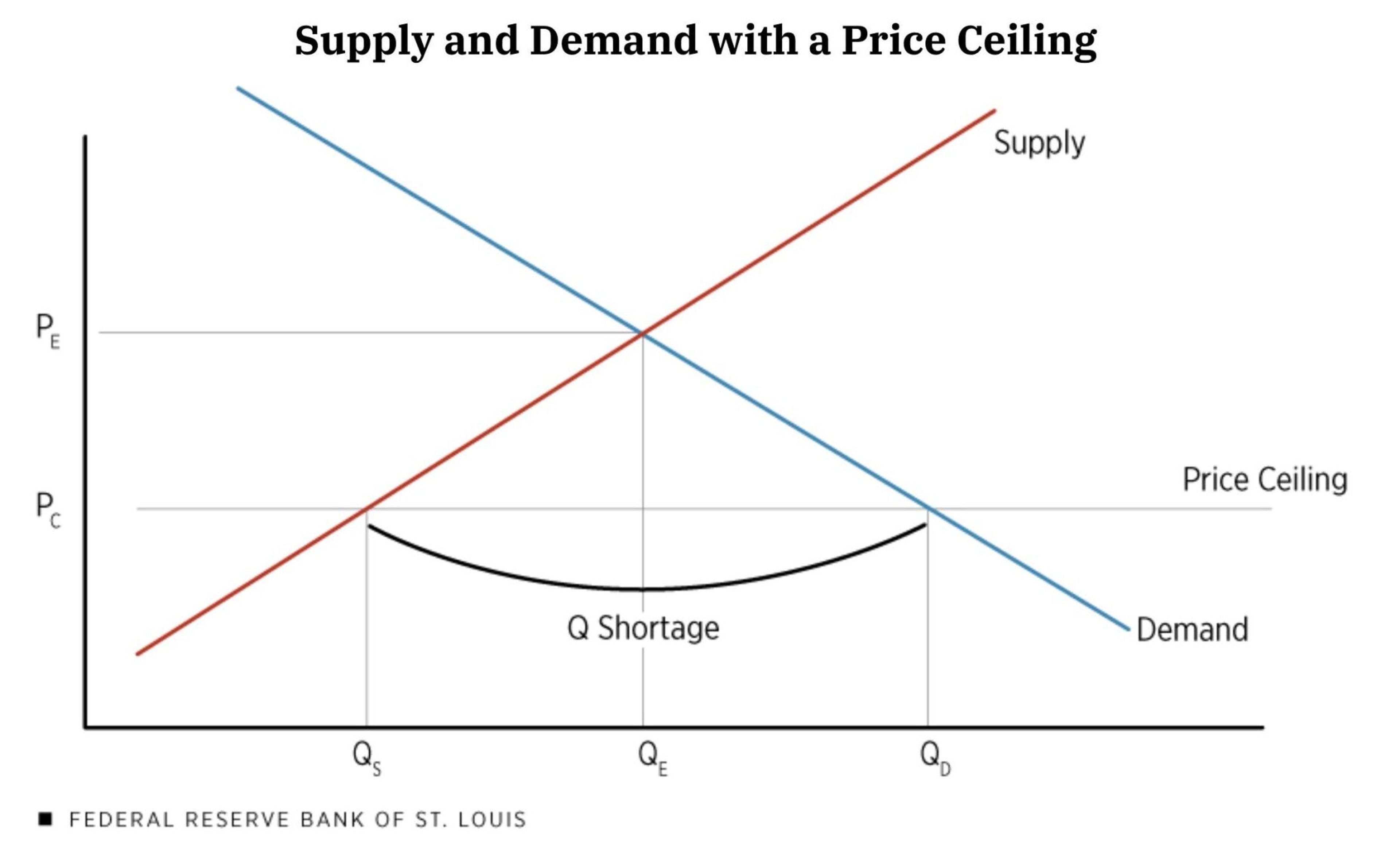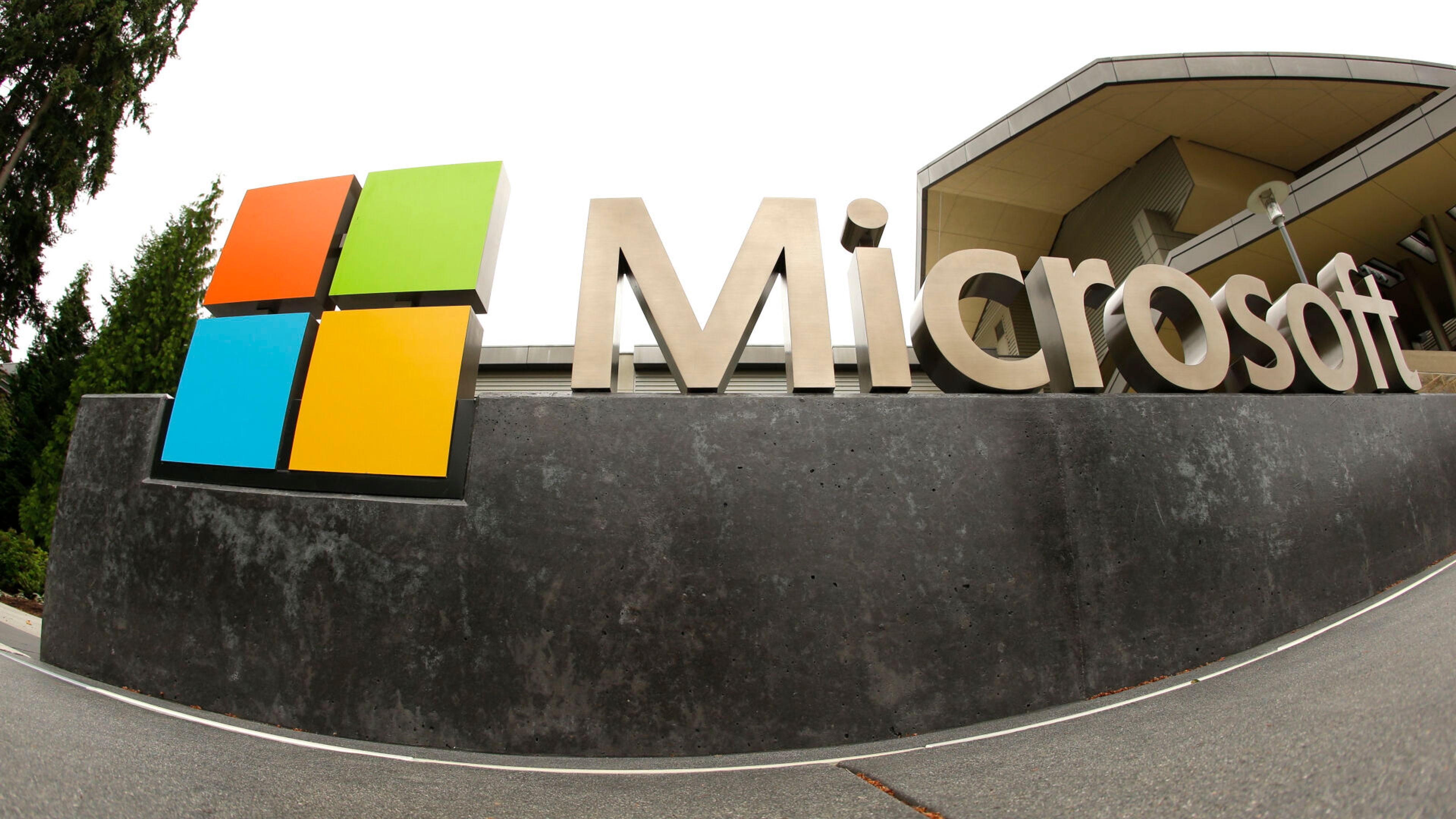Tax cut bill approved by Idaho House
Following testy debate, measure that will trim $389 million in corporate, individual income tax passes on 58-12 vote; bill will next go to Senate
BOISE — An at-times testy House debate over tax relief ended in a 58-12 party-line vote Wednesday, as a $389 million tax cut measure continued its rapid progress through the Statehouse.
House Bill 332 provides an estimated $169 million in ongoing tax relief, plus a one-time tax rebate of $220 million.
The permanent tax relief stems from a reduction in Idaho’s corporate and individual income tax rates. The rebate disburses the accumulated balance of an existing tax relief account that’s funded through sales tax revenue from online purchases.
Democrats blasted the proposal, saying a majority of the benefits would go to wealthy Idahoans and out-of-state corporate shareholders. They also noted it does nothing to address the problem of rising property tax rates.
“A couple who earns $1 million per year will receive over $10,000 in tax benefits from this bill, while a couple who earns $25,000 will receive $113,” said Rep. Lauren Necochea, D-Boise. “We ought to be putting more dollars into the hands of the working Idahoans who power our economy.”
There’s a “cynical” belief that politicians only look out for the interests of the wealthy and well-connected, she said, and approving HB 332 would simply further that narrative.
“Let’s show we’re responsive to the needs of working Idahoans,” Necochea urged.
Rep. Mike Kingsley, R-Lewiston, responded with what he correctly predicted would be the shortest debate on the bill:
“I’ve never had a poor person offer me a job,” he said.
There were several more pointed back-and-forth comments during the 40-minute floor debate. For example, Rep. John Gannon, D-Boise, drew a quick objection when he tried to point out that property taxes in the Treasure Valley are rising so fast that it entirely offsets any positive fiscal impact from this legislation.
“Mr. Speaker, I object,” said Rep. Megan Blanksma, R-Hammett. “If the good gentleman could please debate the bill.”
Blanksma objected again after Rep. Steve Berch, D-Boise, noted that Idaho school districts have floated more than $1.2 billion in local levies over the last five years.
Berch pushed back, saying the observation was “absolutely on the subject of the bill.”
“You have to connect the dots to understand what’s happening with this bill,” he said. “It takes away money that could have been spent on education, so we don’t have to have (local) school bonds and levies every single year. ... When we don’t adequately fund education and take what money we do have and spend it (on tax relief), it pushes that cost onto property taxpayers.”
Nevertheless, Rep. David Cannon, R-Blackfoot, said he would support the bill because Idaho’s corporate and individual income tax rates were too high, relative to neighboring states.
“I think tax relief is important,” he said. “I ran on tax relief during my campaign. I didn’t run on wealth redistribution. This is a bill that will address tax relief in a meaningful way.”
The measure now heads to the Senate for further action.
William L. Spence may be contacted at bspence@lmtribune.com or (208) 791-9168.









